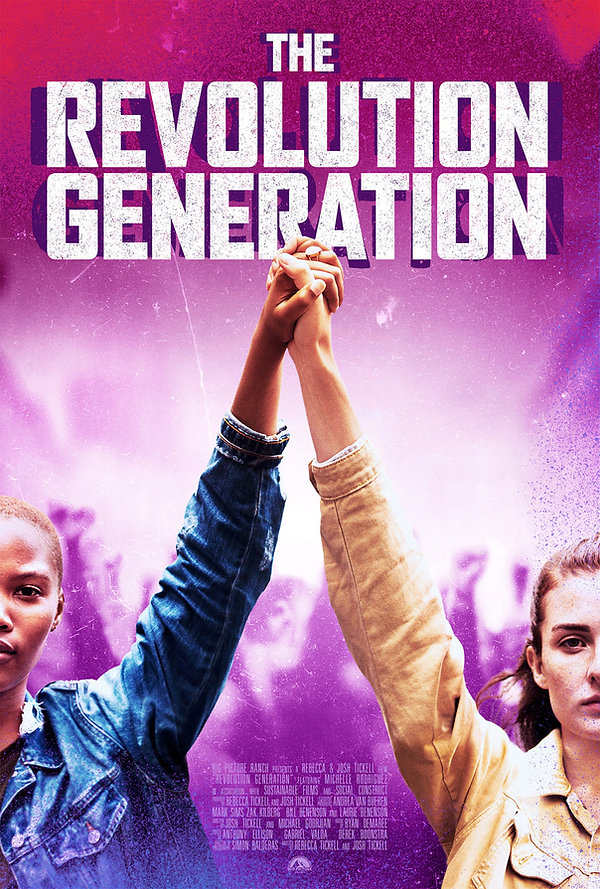
Directors Josh Tickell and Rebecca Harrell Tickell have established themselves with socially impactful documentaries, such as Kiss The Ground, that recently won the Award for Best Topic of Soil at 2021 Innsbruck Nature Film Festival. Recently, the two American filmmakers presented their latest film The Revolution Generation at another European film festival: Raindance in London.
The film dismembers every aspect of the Millennial generation, that constitutes 2.
3 billion people today. This ingenious documentary does not sing the praise of the largest generation, nor does it denigrate it. With great sagacity and stability it shows both sides of the coin of those who were born during the Eighties. This era was a time of privilege, and youth had the tendency to be pampered.
Thus, through time, Generation Y was expected to solve all world problems that had been caused also by the preceding generations.
The cinematic essay intertwines current issues — from the financial crisis to climate change — with sociology, to explore the cyclical nature of western civilisation.
The analysis references Howe and Strauss who identified four generational archetypes: Hero, Artist, Prophet, and Nomad. Each category consists of people born in a roughly 20 year period, who are moulded by four historical turnings that reoccur every 80 years: High (First Turning), Awakening (Second Turning), Unraveling (Third Turning), and Crisis (Fourth Turning).

The anthropological scrutiny is narrated by actor and activist Michelle Rodriguez, who describes the many movements that touched the lives of Millennials, who try to acknowledge their own power to disrupt and change the world. Too often this generation has been accused of being entitled or lazy, when in fact it simply mirrors the conditions of an epoch that shaped it. Millennials came of age during global unrest and economic instability, under the constant sensation that they were not safe. The digital era changed this sense of danger, simply by narcotising this generation, and even more so the ones that followed, through the validation of numbers, whether it were likes or followers.
The Revolution Generation clarifies and annihilates all the stereotypes that have been attached to Gen Y, by showing how America’s youth is using proactive action and civil disobedience with large-scale organisation to bring about structural change. Through interviews, news coverage and archive footage, what emerges is a fascinating mosaic of the change-makers that belong to this questioned generation, along with their valuable causes and movements.
Although the topics presented in the documentary have been redundantly presented in all sorts of media, from the press to cinema, from podcasts to panels, the Tickells’ approach in tackling the topic is utterly overwhelming. The historical background that is provided with the juxtaposition of the present circumstances produces a microscopic breakdown, that will make audiences of all generations reflect once the screening is over: Millennials, Boomers, Generation X, Generation Z, Generation Alpha alike.

